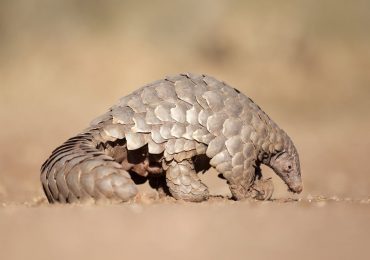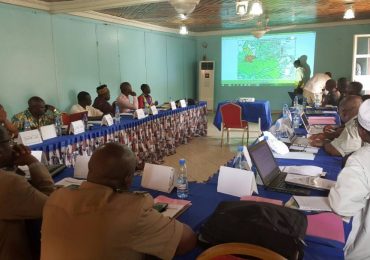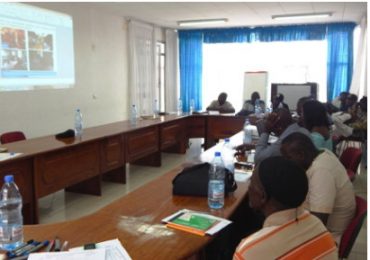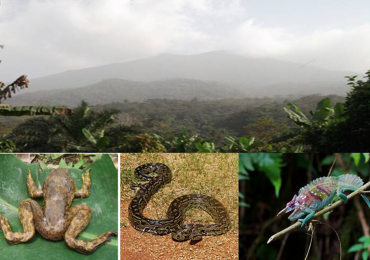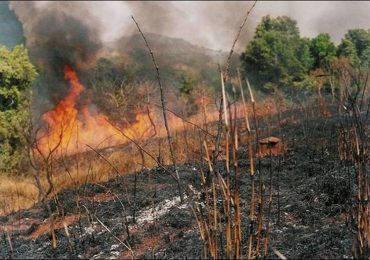The subject of environmental conservation continues to grow in interest and relevancy not for only scientists and researchers, but also for the common man. Almost every day, as the climate change worsens amid rising populations and dwindling resources, the need to conserve the environment increases.
Previously, conventional conservation focused only on landscapes, and wildlife and plant species. Humans then were considered dangers to the environment, and so to protect the environment, humans had to be barred from exploiting portions of the environment and some of its endangered natural resources. Furthermore, environmental crimes and laws were created which rendered community members criminals once they were caught breaking the laws protecting wildlife and plant species. Man had suddenly been made a poacher of his own resources in the name of conservation, for nature’s sake. This approach was not less than a recipe for disgruntlement and eventual confrontation between communities and law enforcement officials, making conservation more a war than a noble strategy to protect the environment.
Man and nature have developed together over time and in most traditional rural societies, this relationship is still an essential part of the culture and way of life. Hence, the approach of prohibiting communities to exploit some vital resources for the sake of conservation undermines the very essence of harmonious existence of humans with the natural environment.
Critics argue that paying no attention to humans compromises conservation efforts, and forces communities not to collaborate for the realisation of the long-term benefits of species and habitat protection. Thus, supporters of human-centric conservation argue that the shift is necessary to address the daunting challenges facing both humanity and the planet.
In recent years, there has been a significant shift in conservation priorities and strategies. Some conservation groups are refocusing their emphasis from just species and habitat protection, on ecosystem services. They are “contracting” partnerships with communities to establish alternative livelihood supply chains to supplement conservation efforts, after all man is the greatest exploiter and destroyer of the natural environment.
At ERuDeF, we have developed alternative livelihood sources to include piggery, bee-keeping, palm oil and soap production as well as support to environmental education and sanitation to communities adjacent to protected areas.
Not only do these alternatives provide highly nutritious food and income to the communities, they have helped to reduce the frequency with which communities forage into the forests that habour protected areas, resulting in increased populations of endangered wildlife species such as the Cross River gorilla and the Nigeria-Cameroon chimpanzee.


